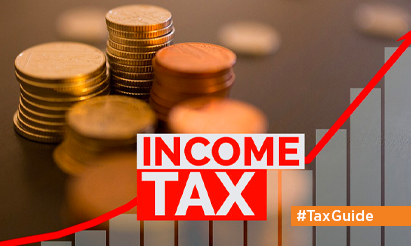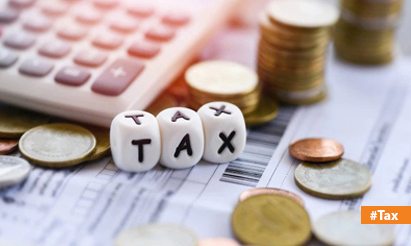What is Double taxation avoidance agreement?
The Double Taxes Avoidance Agreement (DTAA) assists Non-resident Indians (NRIs) working in other countries in avoiding double taxation on income received in both India and their place of residency. Notably, the purpose of signing DTAAs with nations is to reduce tax evasion by taxpayers in either or both of the nations with whom bilateral or multilateral DTAAs have been signed.
The signature of the Double Taxation Avoidance Agreement (DTAA) involves the signing of a tax treaty between India and another country. This allows people to avoid paying double taxes on income earned in both the source and resident countries. India now has DTAA accords with over 80 nations across the world. More information:
What is a double taxation agreement?
A tax treaty formed between India and a foreign nation to promote tax benefits is known as a double taxation avoidance agreement (DTAA). The DTAA was created to address the tax imbalance that emerges for non-resident Indians (NRIs), who are residents of India yet earn income from another nation. Through its reliefs, this agreement protects NRIs from incurring double taxation in both their home and source countries. India can currently enter into any of the five forms of DTAA with a foreign government.
- Complete understanding
- Agreement reached on a bilateral basis.
- Restricted agreement
- Agreements for the exchange of tax information (TIEA)
- Treaties signed on a multilateral basis.
Advantages of DTAA
- A double taxation avoidance agreement serves to reduce the likelihood of NRI tax evasion.
- It assists a country in becoming a more appealing investment destination by providing greater DTAA relief.
- The agreement is beneficial in obtaining relevant tax rate concessions.
- The IT authorities also provide credit relief equal to the amount of tax paid in another country.
Who qualifies for DTAA?
Any NRI with income earned abroad will be eligible for DTAA. The DTAA provision assists in obtaining tax reduction.
Documents necessary for DTAA eligibility
NRIs who want to take advantage of DTAA benefits must submit a set of documentation each fiscal year. These documents make it easier to file taxes on time.
- Certificate of tax residence (TRC)
- Format for self-declaration and indemnity
- Self-attested copy of a PAN card
- Self-attested Visa copies
- Self-attested Passport
Disclaimer: The views expressed above are for informational purposes only based on industry reports and related news stories. PropertyPistol does not guarantee the accuracy, completeness, or reliability of the information and shall not be held responsible for any action taken based on the published information.




